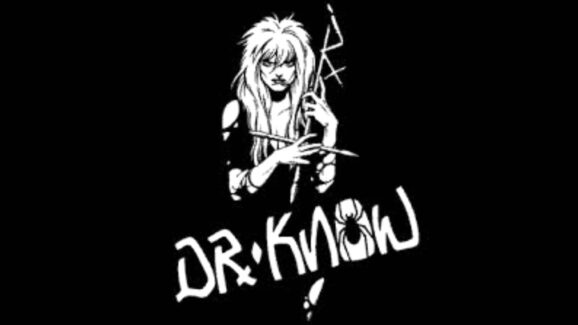Much superior to both the initial post-1989 reunion record, Seven Turns, as well as the final studio album of 2003, Hittin’ The Note, Shades of Two Worlds (released 7/2/91) is arguably the strongest of the latter-day Allman Brothers Band studio albums. Not coincidentally, it’s also the finest production job afforded the group through their longstanding collaborative relationship with Tom Dowd. Notwithstanding the famed recording studio expert’s production of Idlewild South and At Fillmore East, this record’s resounding low register simply sounds far better than either of those: Allen Woody’s bass booms alongside the resonant rumble of double drummers Jaimoe and Butch Trucks.
The balance of clarity, polish, and separation—for which kudos should also go to engineer Jay Mark–is never more apparent than on “Nobody Knows.” The mystical/philosophical ruminations Gregg Allman growls out ultimately take second place to the waves of improvisation led by the author and his guitar partner of the time Warren Haynes; not so groundbreaking as the team of the original ABB lineup including the late Duane Allman, these two nevertheless were mutually inspiring, spurring each other and, indeed, the rest of the ensemble here, to peak after peak of intensity.
Concluding just two seconds shy of eleven minutes, the subdued but nonetheless dramatic crescendos at its close are those of a signature Dickey Betts instrumental. Yet the de rigueur likes of such compositions also appear here, in somewhat redundant form, as “Kind of Bird; ” superior to the co-founding guitarist’s other collaboration with fretboard partner of the time, “True Gravity” off the previous year’s LP Seven Turns, this ode to jazz legend Charlie ‘Bird’ Parker might better have been relegated to the next Allmans album, Where It All Begins, where no such composition appeared (and which suffered largely for paltry material).
Directly mirroring the instrumental eruptions around him, the namesake keyboardist’s self-composed contributions to this album also exhibit the vintage sound of the Brothers. If “Get On With Your Life” and “End of the Line” are not drawn directly from Gregg’s own experience, he sings them like they are: his alternately caterwauling and crooning vocals are the expressions of a soul in torment, looking for respite from same. Other original material pales in contrast: “Midnight Man” is macho bluster, pure and simple, while on another Betts/Haynes co-write, “Bad Rain,” the authors strain for poetic symbolism that cannot compare to Robert Johnson’s for “Come On In My Kitchen” closing the album.
The acoustic arrangement of the blues icon’s song not only provides final punctuation to a superlative thirty-year-old album that transcends simple categorization as contemporary blues-rock, but it is also an homage to the Allman Brothers Band’s roots rendered all the more powerful precisely because it is of a piece with the material of the group’s it so profoundly influenced.









